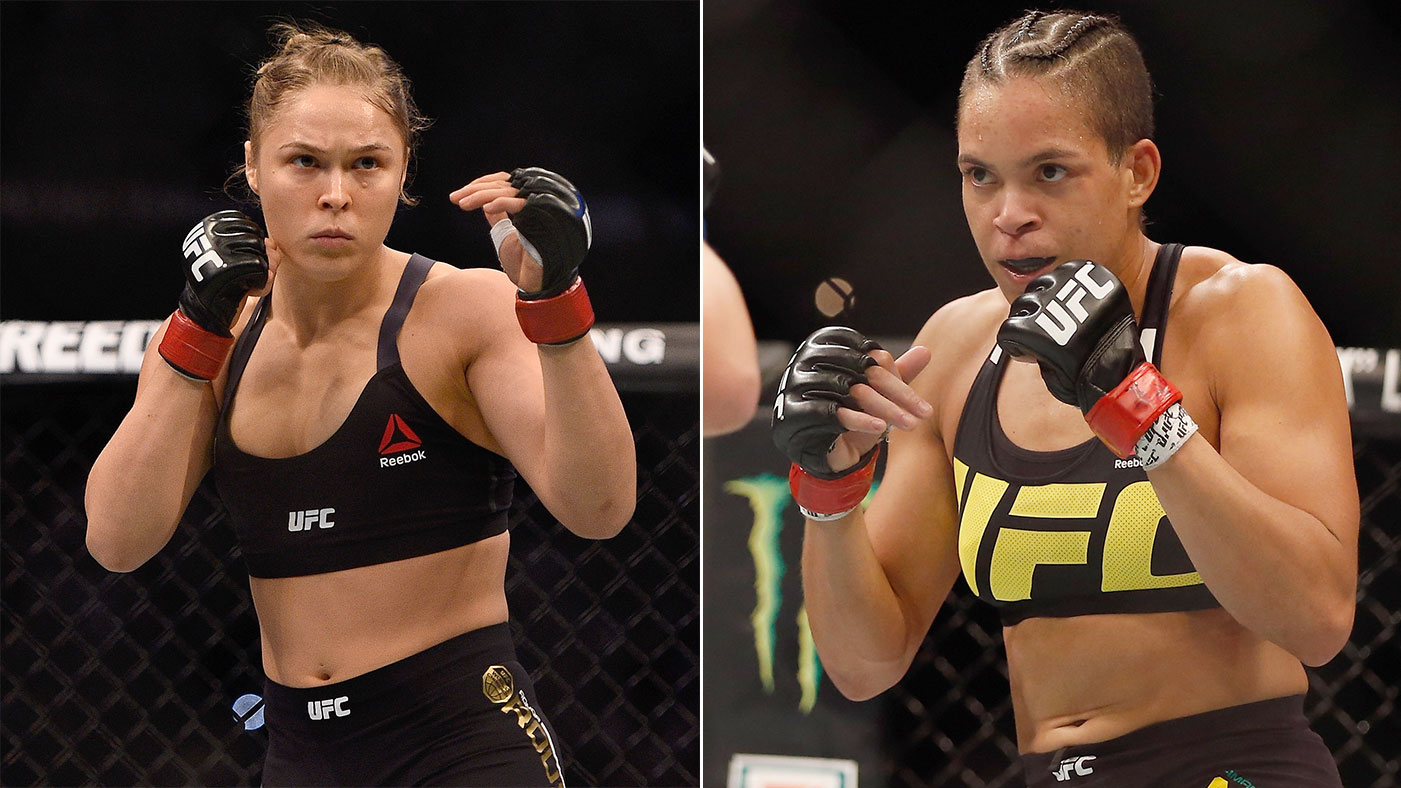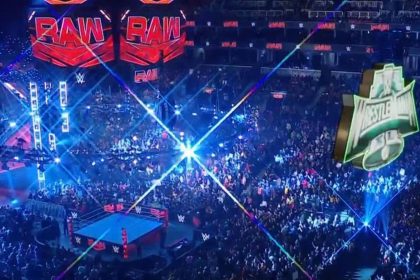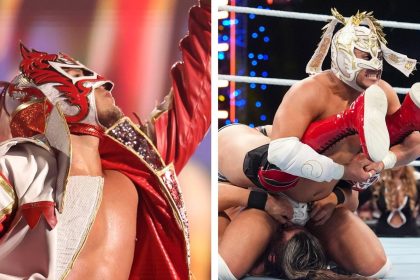Ronda Rousey’s legacy in MMA is undisputed, marked by her trailblazing career and dominance as the UFC women’s bantamweight champion. With six title defenses under her belt, she seemed unstoppable until her reign came crashing down with back-to-back losses to Holly Holm and Amanda Nunes. While many speculate on what could have been if she had remained in the UFC and sought redemption, a closer examination reveals deeper issues that would likely have persisted.
Rousey’s downfall wasn’t solely attributed to her physical prowess or tactical skills but stemmed from deeper strategic and technical limitations. Despite her Olympic judo background, she struggled to enter range effectively, often lunging in with looping punches and failing to cut off her opponent’s angles of escape. This flaw became glaringly evident in her bout against Holm, where her predictable approach left her vulnerable to counters and ultimately led to her devastating defeat via head kick.

Furthermore, Rousey’s issues persisted in her subsequent bout against Nunes, as she continued to storm recklessly into the clinch, only to be met with Nunes’ straight power punches down the middle, resulting in a first-round TKO loss. Despite her undeniable talent, Rousey’s inability to adapt and evolve her game proved to be her downfall.
Even in an alternate timeline where Rousey remained in the sport, the outcome of her matches would likely have been the same. Her loyalty to her coach, Edmond Tarverdyan, and her resistance to constructive criticism hindered her ability to address her technical flaws. Tarverdyan’s track record outside of Rousey’s success has been less than stellar, and Rousey’s blind loyalty to him would have likely prevented her from seeking alternative solutions to her shortcomings.
In this scenario, a rematch with Nunes or a potential super-fight against Cris Cyborg would have yielded similar results, with Rousey falling short due to her inability to adapt her fighting style. While her impact on women’s MMA cannot be understated, Rousey’s career serves as a cautionary tale of the importance of self-awareness and the willingness to evolve in a constantly evolving sport.







